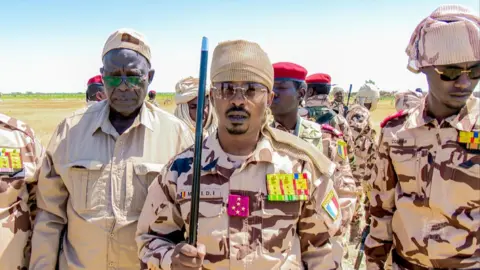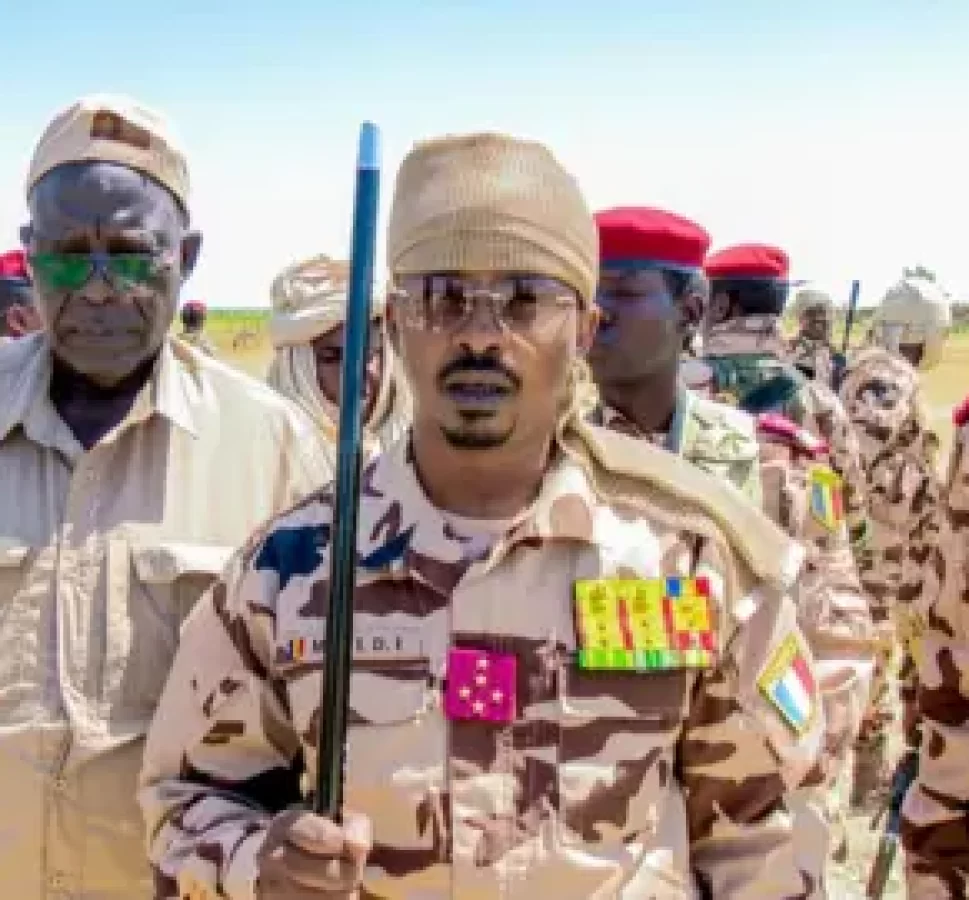
At least 15 Chadian soldiers and 96 Boko Haram fighters died in intense clashes amid ongoing anti-insurgency operations near Lake Chad.
In a fierce clash between the Chadian army and Boko Haram fighters, at least 15 Chadian soldiers lost their lives, while 32 others were injured, according to a statement by army spokesman General Issakh Acheikh on Sunday.
The confrontation also resulted in the deaths of 96 Boko Haram members, with an additional 11 wounded.
General Acheikh, addressing the nation on television, did not disclose specific details regarding the location of the clash or the circumstances leading up to it.
However, he assured citizens that the army has the situation under control and that operations are ongoing to track down remaining insurgent elements.
“The army assures the population that the situation is under control and that actions to track down residual elements continue as part of Operation Haskanite,” Acheikh said.
This effort is part of “Operation Haskanite,” a military campaign aimed at eradicating Boko Haram militants from the Lake Chad region.
The Lake Chad area has long been plagued by insurgent activities, particularly those led by Boko Haram and the Islamic State in West Africa. These militant groups, originating in northeastern Nigeria in 2009, have expanded their influence across neighboring regions, including Chad, causing severe security challenges.
The recent clash comes on the heels of an attack last month on a military base in Chad’s Lake region, which led to the deaths of around 40 soldiers. The intensity of these attacks prompted Chad’s interim President Mahamat Idriss Deby to issue a warning, threatening to withdraw the country from the multinational security force if the violence continued unchecked.
Chad remains a strategic ally for Western forces, particularly France and the United States, in combating the 12-year jihadist insurgency that has destabilised West Africa’s Sahel region. However, the political landscape in the region has shifted recently. Military juntas in Mali, Burkina Faso, and Niger, whose borders intersect and have become hotbeds for jihadist violence, have pivoted away from Western alliances, instead pursuing partnerships with Russia.
The situation highlights the persistent security challenges in the Sahel, where international efforts are increasingly fragmented, as local governments redefine their alliances amid rising instability.






